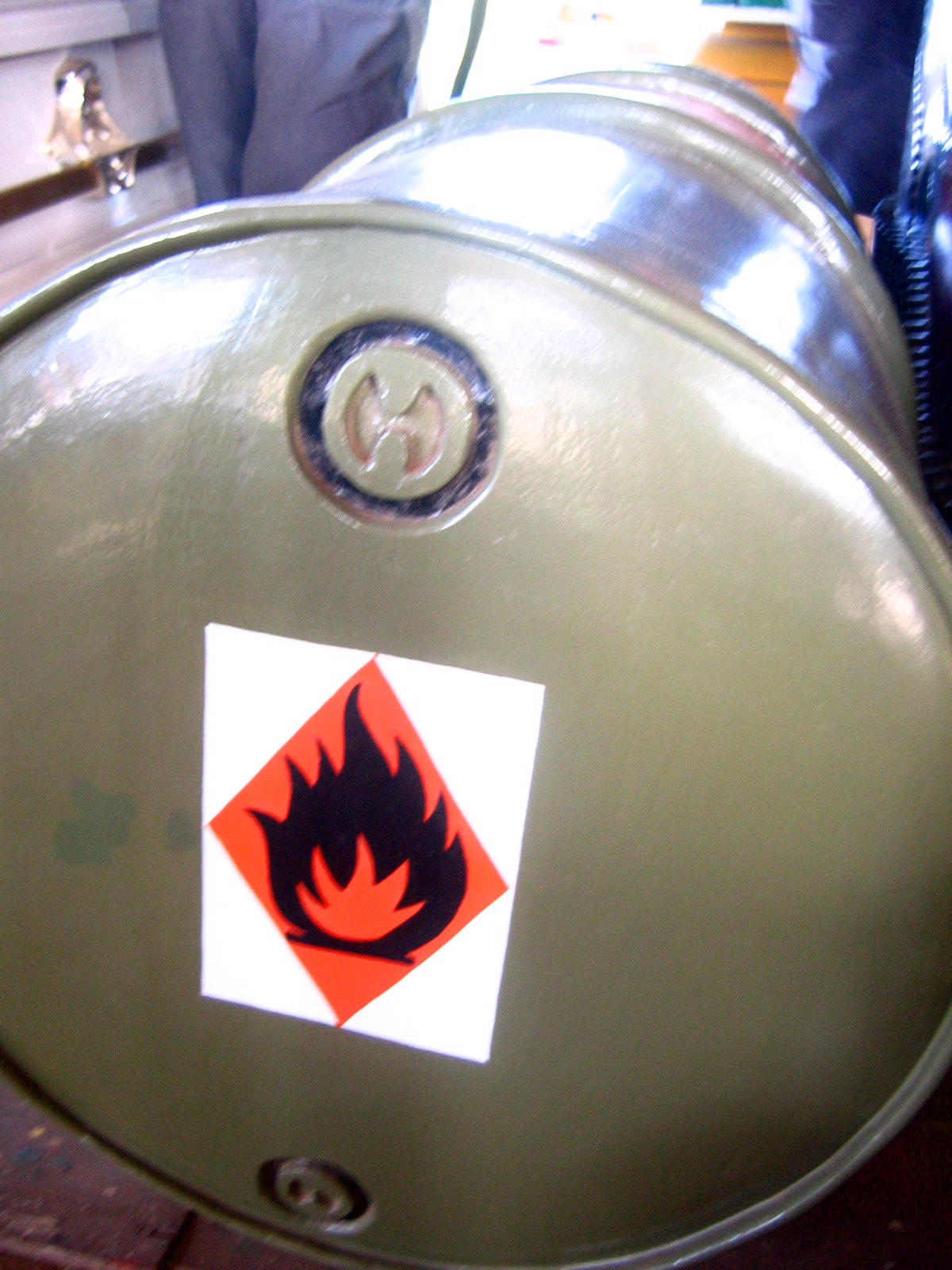Politicians quick to take advantage of Ghana’s oil windfall
In The Ringtone and the Drum, my recently published book on West Africa, I described how diamonds have proved a curse rather than a blessing to Sierra Leone:
Once the resource curse falls on a country, like a deadly virus it spreads rapidly, crippling its host’s every organ, paralysing its every function. First to suffer are farming and manufacturing. The profits from diamonds (or oil or gold) far outweigh those achievable through agriculture or industry, and it makes economic sense to allow mineral extraction to become the dominant productive activity. Often it becomes the sole productive activity. Diamonds give a country’s leaders more wealth than they ever dreamed of, so they no longer need to worry about other parts of the economy. Minerals become the only way to make a living; everything else is left to rot. As other, more labour-intensive sectors collapse, the majority of the population has no work (the decline of Sierra Leonean agriculture was swift: twenty years after discovering its precious stones, the country had gone from exporting rice to importing it). A chasm opens up, between the rich few with access to mineral wealth, and the poor masses who are shut out.
The masses have no outlet for their frustrations, no way of redressing the balance. While they are growing rich on diamond exports the leaders of a resource-cursed country do not need to agonise over what their subjects think of them. Governments in countries lacking in valuable minerals depend on taxes to keep them in business; without them, ministers would not be paid and the machinery of government could not function. For taxes to be paid, the state must count on at least some degree of support from its citizens, and is to some degree answerable to them – if it ignores their needs entirely, citizens will use non-payment of tax as a bargaining chip. But in diamond-rich economies, governments need nothing from their people; profits from the gems are more than sufficient to keep the leaders in luxury, and their subjects, lacking any leverage over them, have no way of agitating peacefully for a fair share of the pie.
Sierra Leone’s near-neighbour Ghana, the world’s newest oil producer and one of its fastest growing economies, has so far avoided damage to non-oil sectors, but last week brought a worrying sign that politicians are keen to get their hands on oil revenues. By itself, and even though inflation in the country is running at just 9%, members of parliament awarding themselves a 140% pay rise may not be cause for tremendous alarm – Ghanaian MPs’ monthly salary of $3,800 is still much lower than that of their Kenyan counterparts, for example, who trouser a cool $10,000 a month.
But it is difficult to understand why such a pay rise should be backdated to 2009. Such a ruse means that in January next year, lawmakers will receive a windfall of $109,025 (the $2,225 pay rise multiplied by 49 months). Ordinary Ghanaians who are struggling to make ends meet are unlikely to be aware of the full extent of the politicians’ good fortune, but if they did have time to do the calculation they would receive a nasty shock: it would take a Ghanaian on the minimum wage 121 years to earn what MPs have just gifted themselves.

